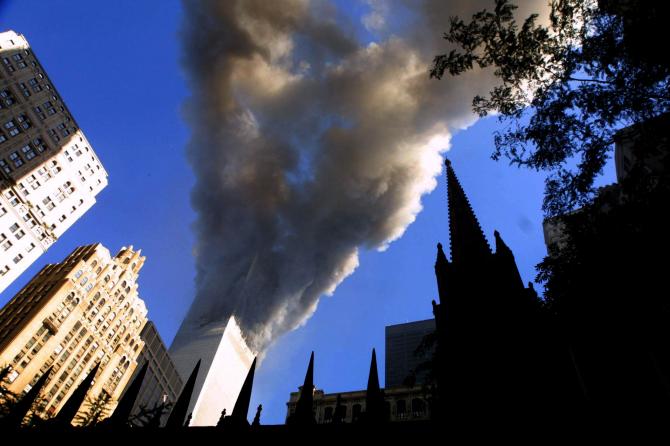
The world remains vulnerable to major terrorist attacks because intelligence agencies continue to withhold information from legitimate users. Why is this is so, and what can be done to promote information exchanges?
Is the world safer from terrorism in the wake of last month’s 15th anniversary of the Sept. 11, 2001, attacks on New York and Washington? If the intelligence lapses that led to 9/11 have not been remedied, then the world at present cannot be safer from major attacks than it was 15 years ago. Today, it is a matter of public record that clues pointing to 9/11 were in the possession of select US intelligence agencies. However, they were withheld from other relevant agencies.
In late December 1999, while monitoring an Al Qaeda phone number in Sana’a, Yemen, the US National Security Agency (NSA), America’s leading signals intelligence arm, intercepted a phone conversation instructing two 9/11 hijackers, Nawaf al-Hazmi and Khalid al-Mihdhar, to travel to Kuala Lumpur for a meeting with other known terrorist suspects. That meeting, we now know, set in motion plans for the 9/11 attacks.
To read the complete article, please subscribe.
Buy a premium PDF version of this article
Subscribe and get premium access to Strategic Review's content







 resized.png)
